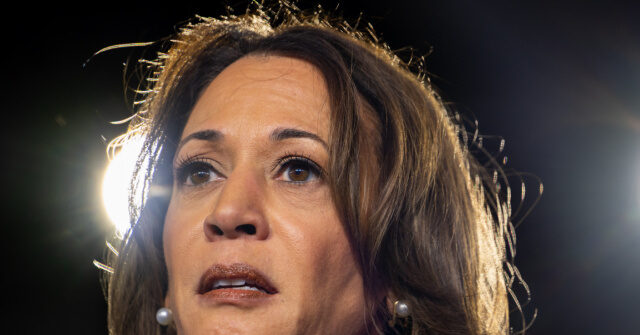In a recent interview with Bret Baier on Fox News Channel’s Special Report, Vice President Kamala Harris faced pointed questions regarding the Biden-Harris administration’s handling of the southern border crisis. This interview marked a significant moment as it presented Harris with tough follow-up inquiries, putting her on the defensive about immigration policies and their consequences. The focus of the discussion centered around the administration’s decisions, particularly the early termination of the “Remain in Mexico” policy, which has been a contentious point since President Biden took office.
Baier pressed Harris by asking whether she regretted the decision to end the “Remain in Mexico” policy, initiated within hours of the administration’s inauguration. Harris avoided providing a straightforward response to this question, which reflects the ongoing scrutiny and criticism of the Biden-Harris immigration strategy. The reluctance to acknowledge potential mistakes indicates the political sensitivity surrounding border management and the administration’s challenges in addressing public concern about migration levels.
The conversation escalated when Baier inquired whether Harris owed an apology to the families of victims allegedly harmed by undocumented migrants. The names of victims Jocelyn Gary, Rachel Moran, and Laken Riley were brought up as emblematic of the broader issues surrounding migrant crime. While Harris acknowledged the profound loss experienced by these families, she stopped short of issuing a direct apology, raising questions about the administration’s accountability and empathy regarding tragic incidents linked to immigration policies.
Harris expressed condolences for the families’ losses but avoided admitting personal or policy-related responsibility. This hesitance highlights the difficulty political leaders may face when addressing the emotional and human dimensions of policy outcomes, especially during contentious debates about immigration. The repeated questioning from Baier seemed to underscore the administration’s struggle to reconcile its immigration reforms with the real-life impacts felt by citizens and victims’ families.
In the midst of these exchanges, Harris maintained that Congress bore the responsibility for enacting necessary legislative changes to address border issues. This statement was met with skepticism, as critics have noted that existing laws aimed at curbing illegal entry remain in place. Furthermore, many of the policies championed by the previous administration were rolled back at the onset of the Biden presidency, raising issues about the consistency and effectiveness of the current approach to border security.
The overall tone of the interview reflected a growing urgency within the Democratic Party as they prepare for the upcoming elections, with the administration’s handling of border and immigration policies likely to be a significant focal point of voter concern. The discourse encapsulated in this interview highlights not just the challenges facing the Biden-Harris administration but also the broader implications for the Democratic Party as they navigate questions about accountability, policy efficacy, and public perception in a politically charged environment. Political reporter Wendell Husebo observed that this confrontation could serve as a catalyst for further discussions about the administration’s approach to immigration as the election approaches.

